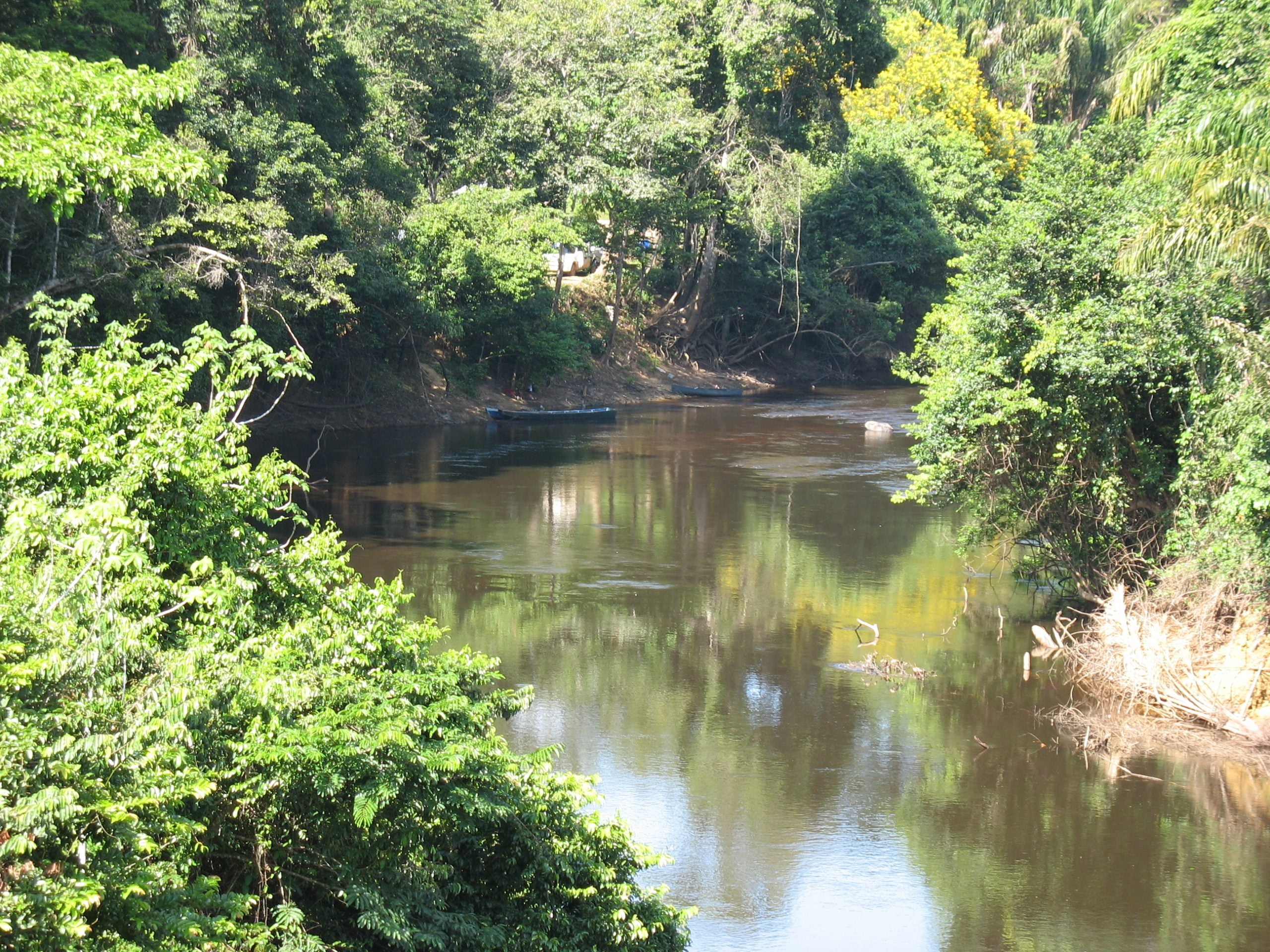
suriname
Dilemas del perito experto: Derechas indigenas a la tierra en Surinam y Guyana. Special issue on Dilemas del Peritaje Cultural (Dilemmas of Cultural Expertise), edited by Rosalva Aída Hernández Castillo, Christopher Loperena, and Mariana Mora. Translated by Luis Manual Claps. Desacatos 57: 36–55, 2018. Ese artículo examina dos informes periciales presentados ante la Comisión y la Corte Interamericana de Derechos Humanos. El primero, sobre la negativa de Surinam a reconocer los derechos a la tierra de los pueblos indígenas, a pesar de sus obligaciones internacionales. El segundo, sobre títulos de tierras de población indígena en Guyana. Comparar ambos casos me permite hacer observaciones sobre la investigación etnográfica a corto plazo para peritajes antropológicos, incluyendo la necesidad de hacer que estos informes resulten comprensibles en tres marcos superpuestos: el de los abogados y el sistema legal, el de las comunidades en lucha por sus derechos, y el de la disciplina antropológica. Además, considero las elecciones narrativas adoptadas en los informes, los dilemas políticos de ser perito experto y los desafíos de la etnografía a corto plazo.
Dilemmas of an expert witness in the Amazon, Kellogg Institute for International Studies Working Paper #428. University of Notre Dame. July, 1–28, 2018. This article discusses two affidavits submitted to the Inter-American court system. The first is concerned with Suriname’s refusal to recognize indigenous land rights despite its international obligation to do so. The second addresses problems associated with indigenous land titles in Guyana. Comparing the two cases permits observations about ethnographic research conducted for expert witness reports, including the need to make affidavits legible to three different audiences, each with its own frame of reference: the legal system, communities seeking recognition of their rights, and anthropology (Paine 1996). I also consider the narrative choices in these affidavits, the political dilemmas of being an expert witness, and the compromises of short-term ethnography.
Goodland, Robert (ed), Suriname’s Bakhuis Bauxite Mine: An Independent Review of SRK’s Impact Assessment. Paramaribo, Suriname: Bureau VIDS, 2009. This report presents the findings of an independent review team of the Environmental and Social Impact Assessment (ESIA) of a proposed bauxite mine in the Bakhuis Mountains of Suriname. The review was commissioned by Bureau VIDS representing the indigenous peoples of Suriname. Contributors include: Robert Goodland, longterm advisor to the World Bank; Viviane Weitzner, specialist on gender and development at the North-South Institute of Canada; Ann Maest, aqueous geochemist; and Stuart Kirsch, anthropologist at the University of Michigan.
Kirsch, Stuart. Freedom and Development in Suriname. Poverty in Focus 17: 12–13. Special issue on Indigenizing Development, eds. Alcida Ramos, Rafael Osorio, and José Pimenta, 2009. For indigenous peoples, development does not always enhance freedom, as the case of a proposed bauxite mine in Suriname suggests.
Bakhuys Mountains, West Suriname.
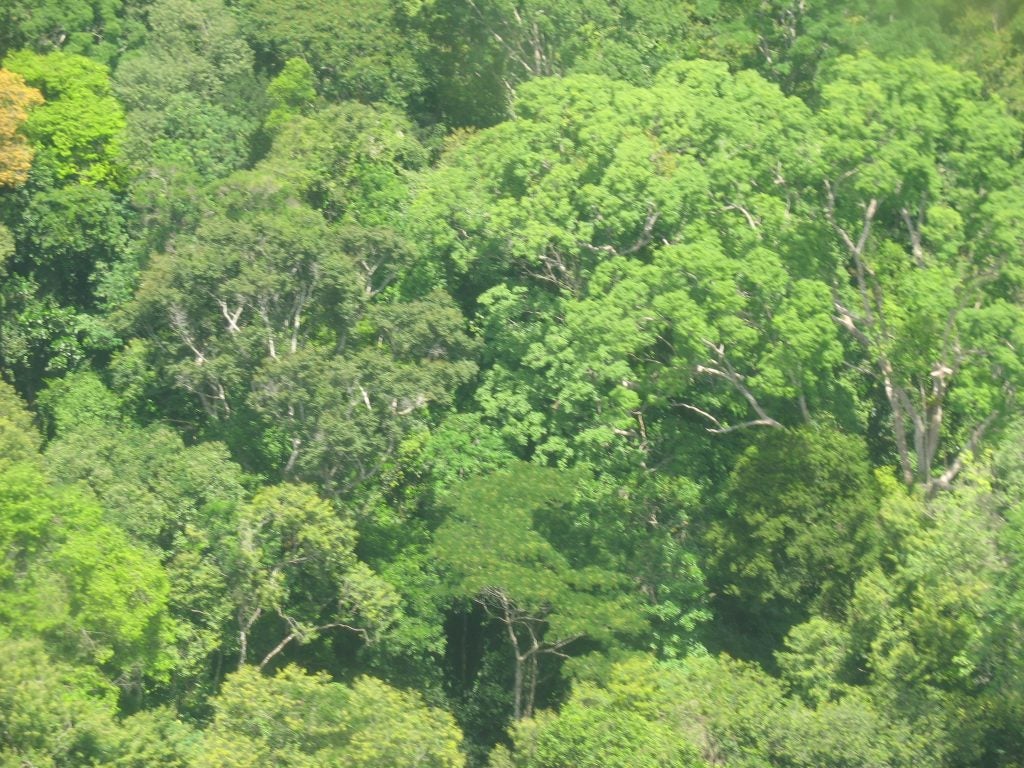

Preparations for bauxite mining, West Suriname.
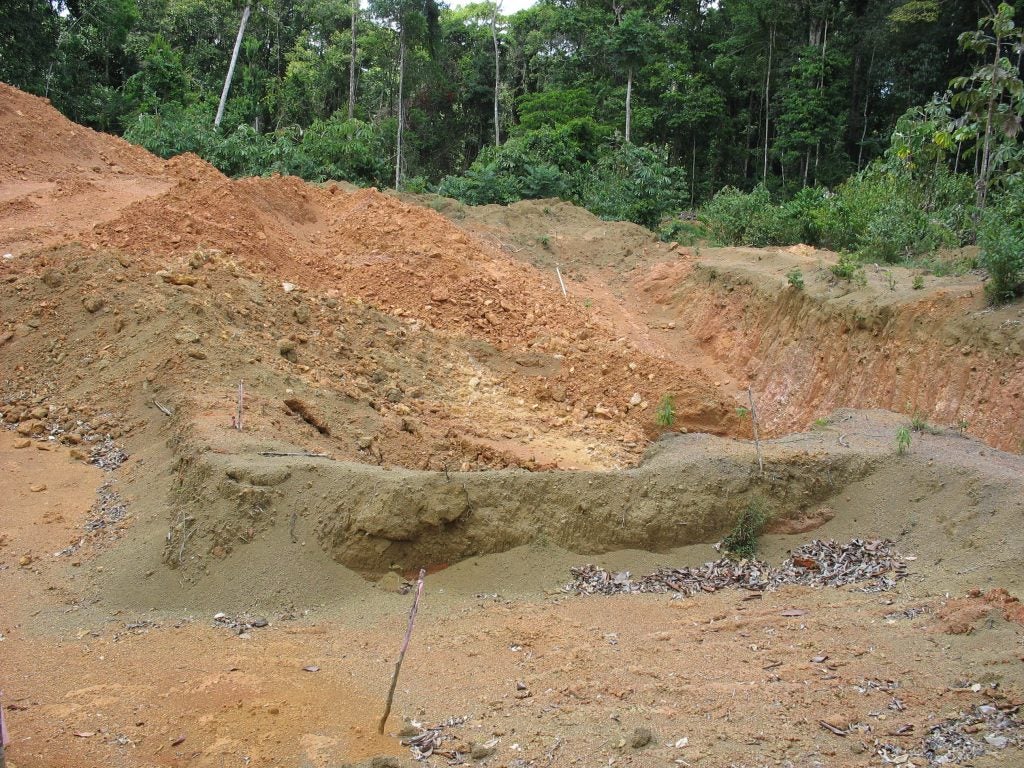
Rehabilitation of Wane Hills bauxite mine operated by BHP Billiton and Suralco in East Suriname.

“Within the [mining] concession, they do whatever they want.” BHP Billition/Suralco minesite in Wane Hills, West Suriname after closure.
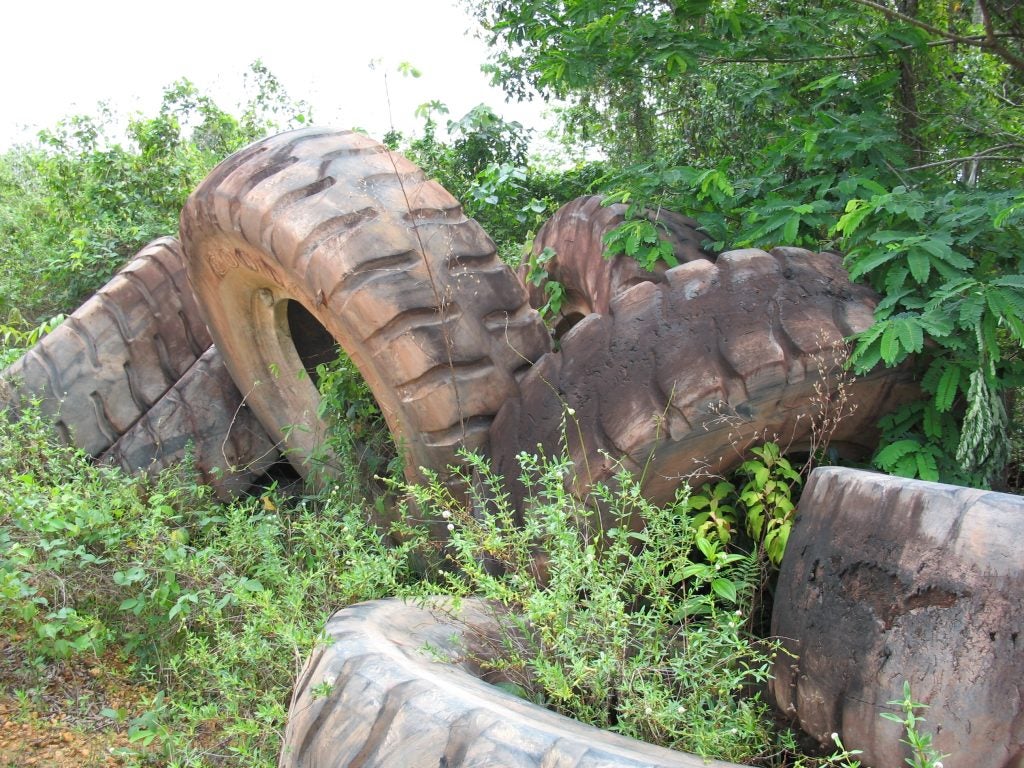
Produce on sale at the St. Laurent du Maroni market in French Guiana produced by Indigenous peoples from the Lower Marowijne River region in Suriname. Top: awara, a palm fruit used to make a rich and refreshing drink, awara oko, the pulp from the fruit, which is used to make the drink, mangoes, and coconut oil.
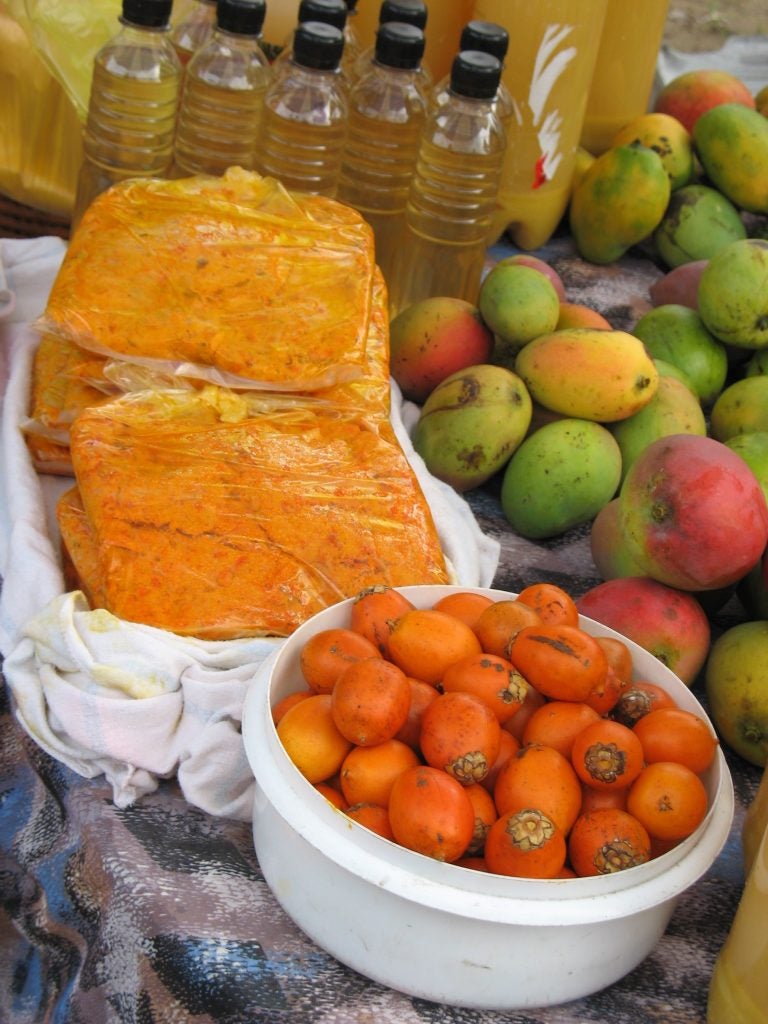
Kumbu, a palm fruit used to make a rich drink that tastes like hot chocolate, and peppers.
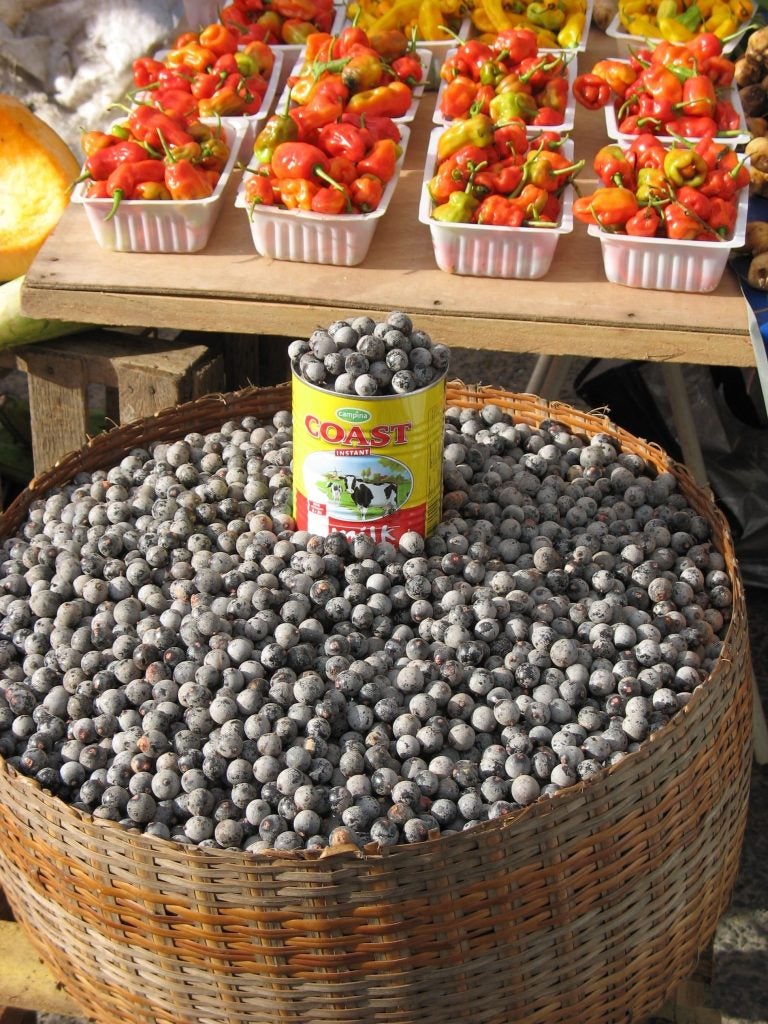
Kasiri, or cassava beer, and kaheli, also from cassava.
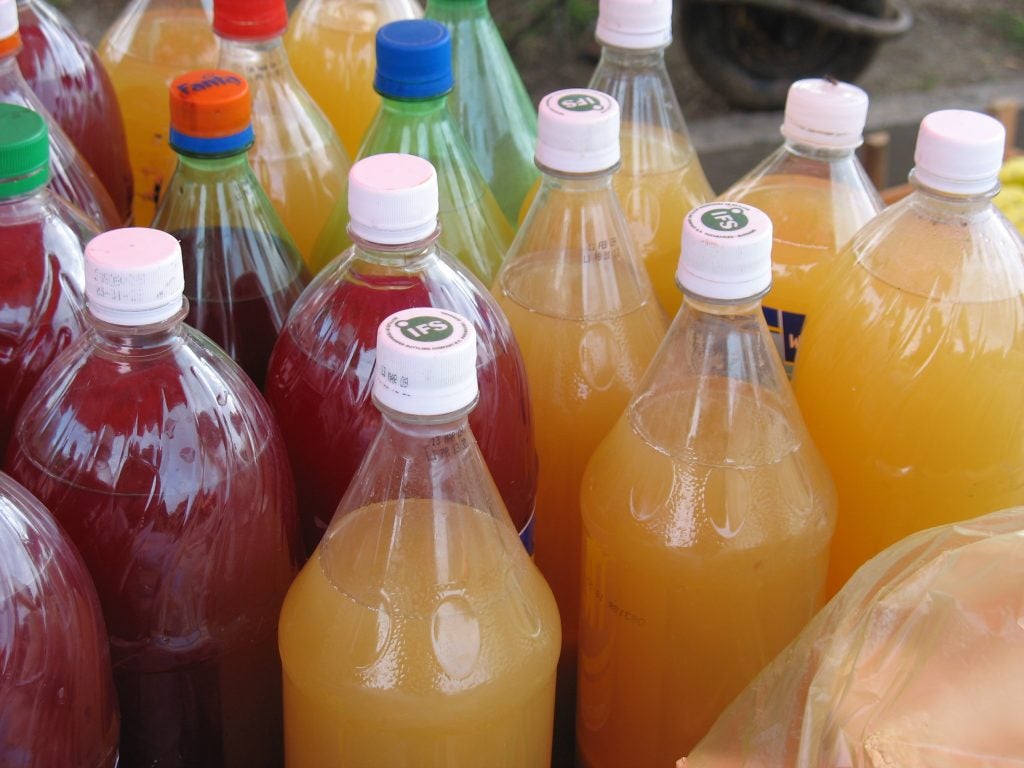
Grated bitter cassava, used to bake cassava bread.

Shop walls in Albina, Suriname.
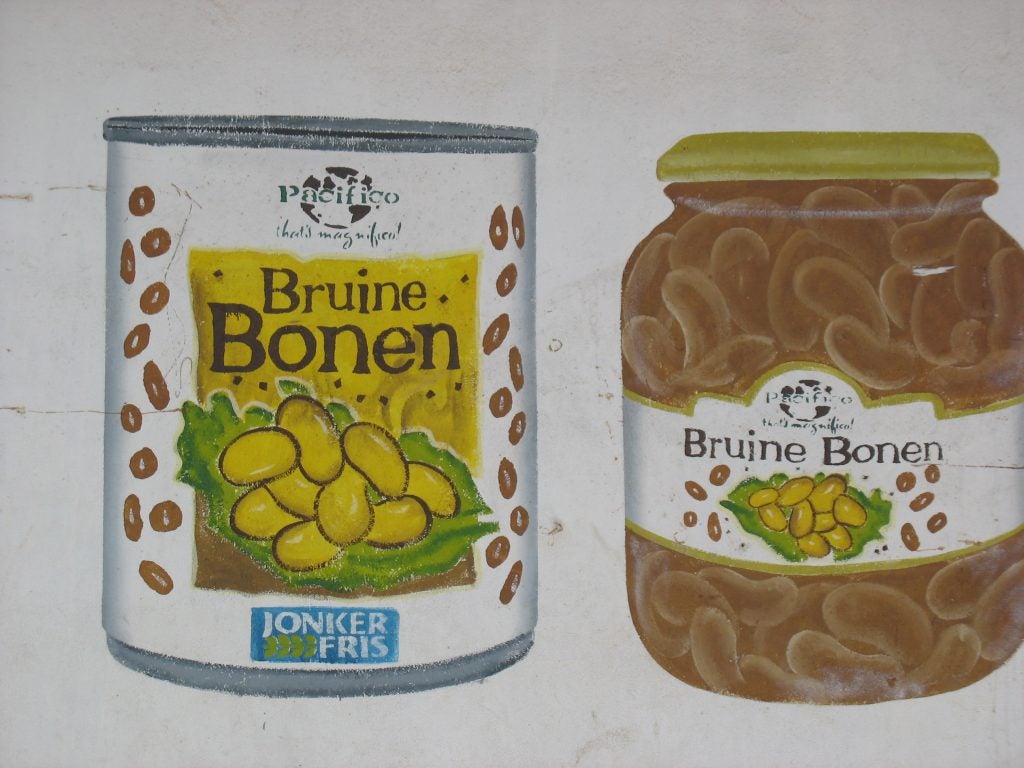
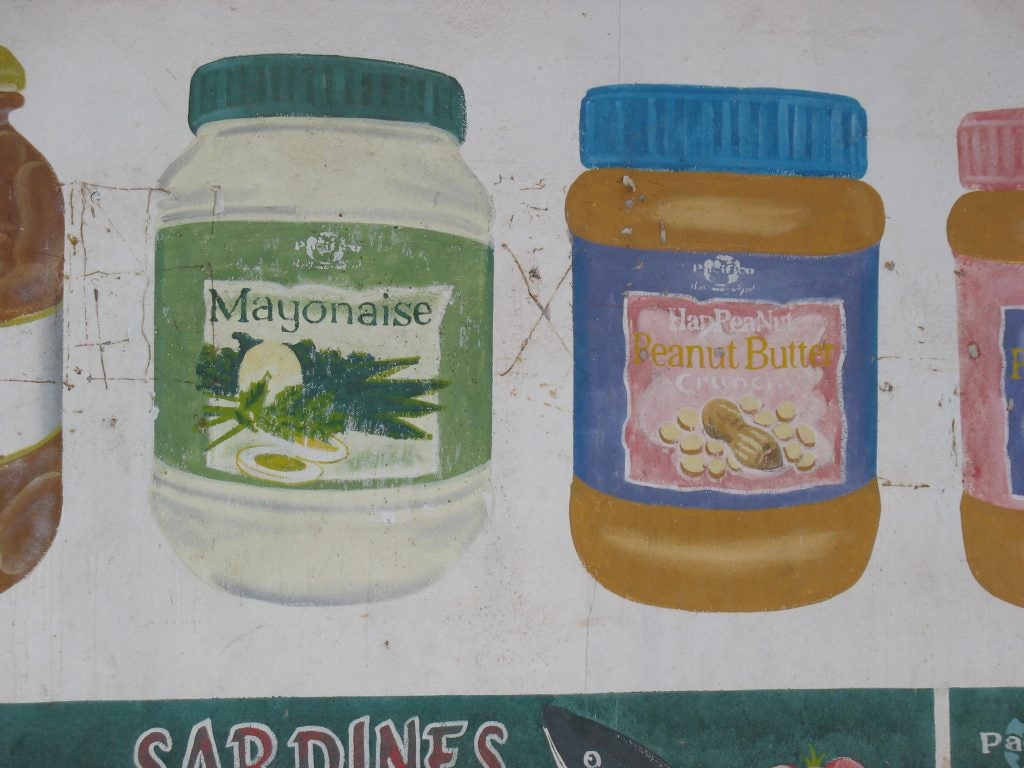
categories
-
advocacy
-
birds of paradise
-
climate change
-
compensation
-
conservation & development
-
corporations
-
dancing cats
-
deep sea mining
-
design ethnography
-
el salvador & icsid
-
engaged anthro (2018)
-
guyana
-
indigenous politics
-
lost tribes
-
methods
-
mining capitalism (2014)
-
ok tedi
-
place & time
-
property
-
reverse anthro (2006)
-
rumour
-
scientists & responsibility
-
students
-
suriname
-
west papua / refugees

